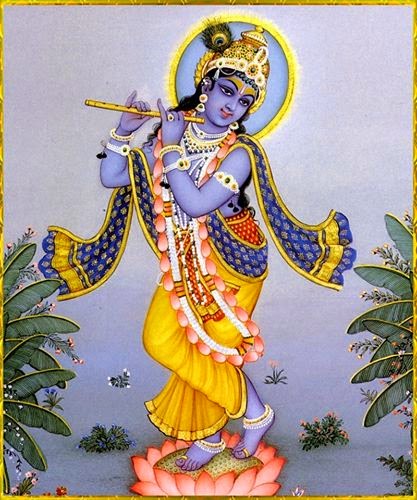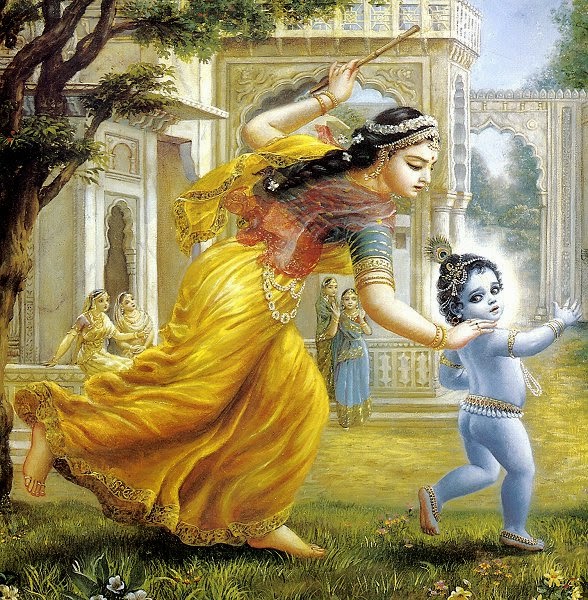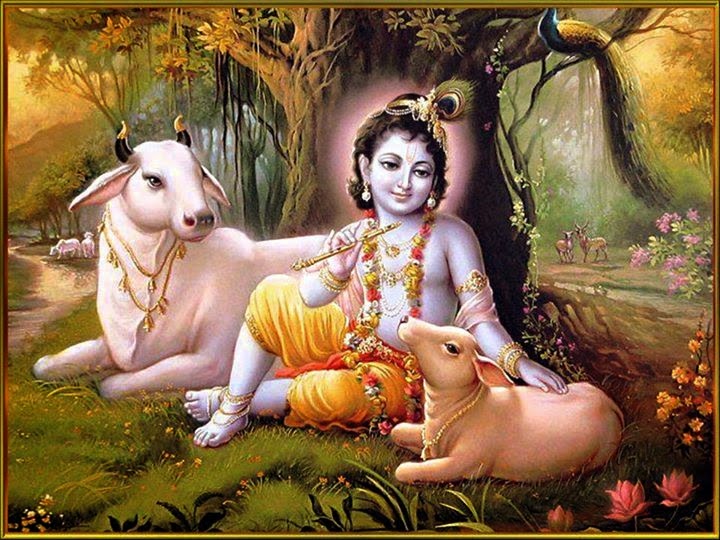Srimad Bhagavatham : 6.3.4.

Skandham-6 Chapter-3. Slokam-4. yamaduta uvaca kati santiha sastaro jiva-lokasya vai prabho trai-vidhyam kurvatah karma phalabhivyakti-hetavah. yamadutah uvaca = the order carriers of Yamaraja said; kati = how many; santi = are there; iha = in this world; sastarah = controllers or rulers; jiva-lokasya = of this material world; vai = indeed; prabho = O master; trai-vidhyam = under the three modes of material nature; kurvatah = performing; karma = activity; phala = of the results; abhivyakti = of the manifestation; hetavah = causes. The Yamadutas said: Lord, how many controllers or rulers are there in this material world? How many causes are responsible for manifesting the various results of activities performed under ...











